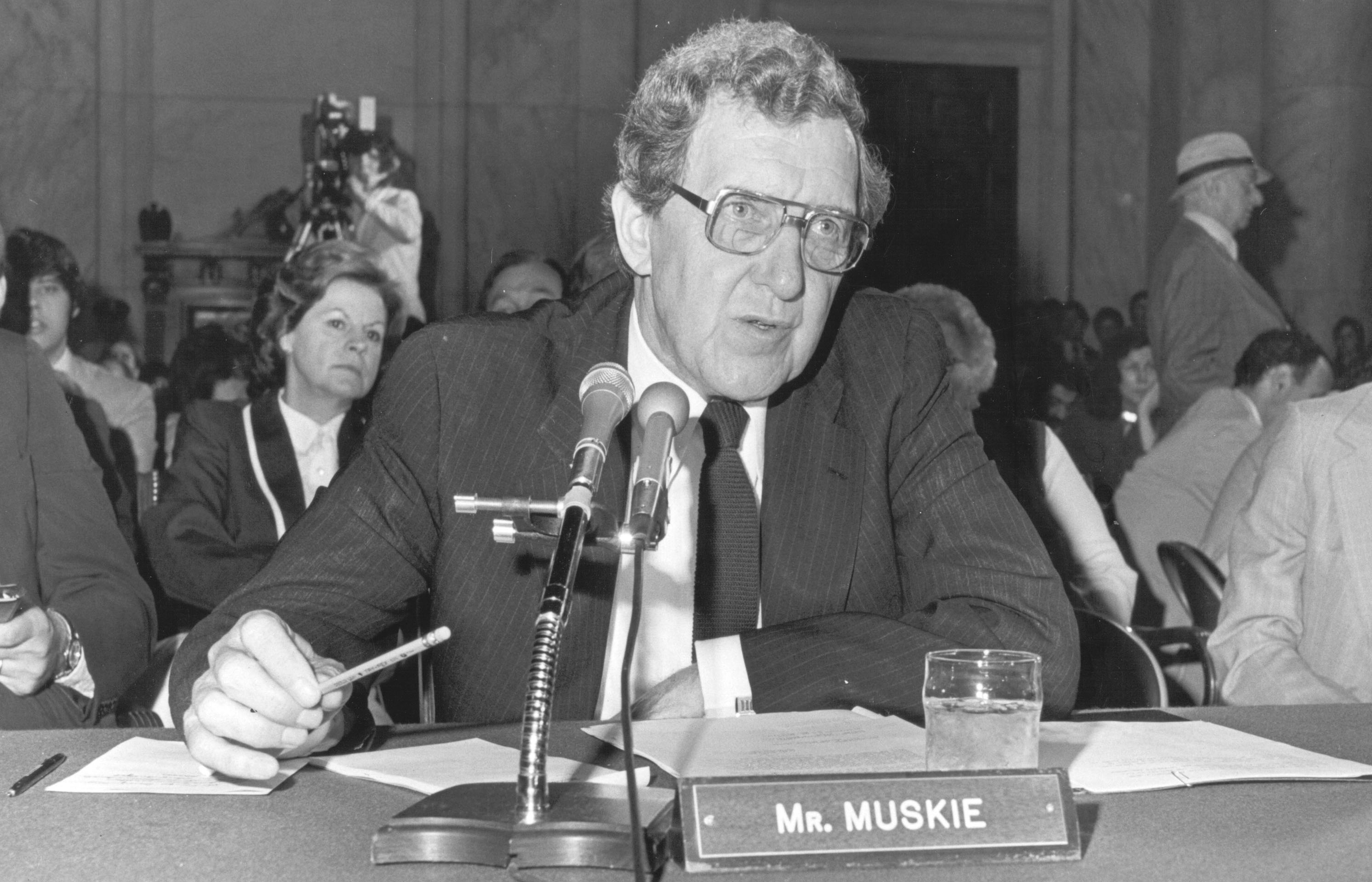
Edmund S. Muskie Oral History Collection
Document Type
Oral History
Loading...
Publication Date
8-6-1999
Interview Number
MOH 131
Abstract
Joel Eastmen was born in Bridgton, Maine on March 11, 1939. His father graduated from Bowdoin College and taught at Berwick Academy, then went on to work for the Civilian Conservation Corps (CCC) as an educational advisor. His mother was a homemaker. Joel has four siblings. He grew up in a Congregationalist, Republican family and was the first Democrat in the family. He lived in Fryeburg, then Salisbury Cove on Mt. Desert Island, then Portland (during WWII), and then Buxton, Maine. He worked for a year after high school, and then attended the University of Maine where he spent his first two years in Portland, and his last two years in Orono. He received his degree in English, but history became his true interest. He went back to USM (University of Southern Maine) to get his master’s degree in History. He became involved in the Orono Democratic Town Committee around the time of the 1964 presidential election. He then went to the University of Florida and earned a Ph.D. in U.S. History. During his Ph.D. coursework he taught at Appalachian State University in North Carolina, he was assistant editor of the Business History Review at Harvard Business School, he taught at USM, and returned to University of Florida to finish his degree in 1973. He has done editorial cartoons for the Maine Sunday Telegram and has taught at USM since 1970.
Use Restrictions
Copyright Bates College. This transcript is provided for individual Research Purposes Only; for all other uses, including publication, reproduction and quotation beyond fair use, permission must be obtained in writing from: The Edmund S. Muskie Archives and Special Collections Library, Bates College, 70 Campus Avenue, Lewiston, Maine 04240-6018.
Recommended Citation
Richard, Mike, "Eastman, Joel oral history interview" (1999). Edmund S. Muskie Oral History Collection. 125.
https://scarab.bates.edu/muskie_oh/125


Scope and Content Note
Interview includes discussions of: Sagamore Village (war time housing project in Portland, Maine during WWII); diversity in Portland; 1960 presidential campaign; Orono Democratic Town Committee; Lyndon Johnson’s speech in Portland; first interview with Ralph Nader; interview with Ribicoff; interview with McNamara; Portland economic boom during WWII (steel ship building industry, shipyard in Portland, B&M, Pepperill) and fall afterwards; Bob York; Maine Historical Society; symbolic contributions of Ed Muskie; Republican vs. Democratic parties in Maine; assessment of governors Brennan, McKernan, Longley, King, and Reed; Republican Party development; Margaret Chase Smith; Bill Hathaway; and Muskie’s legacy.